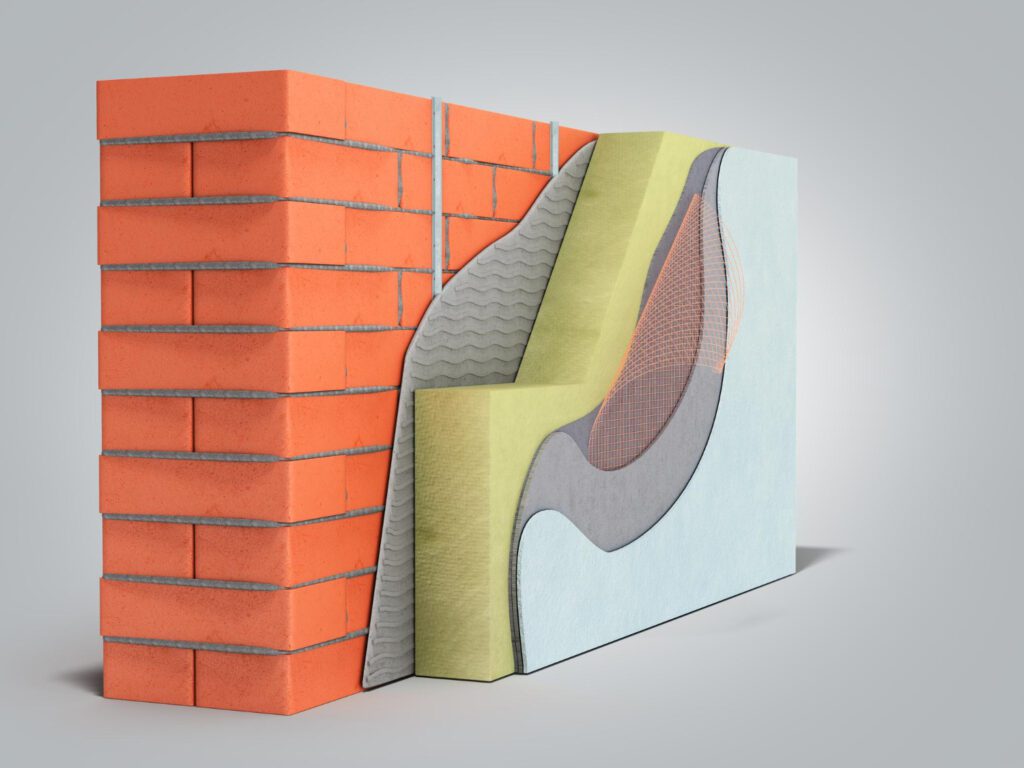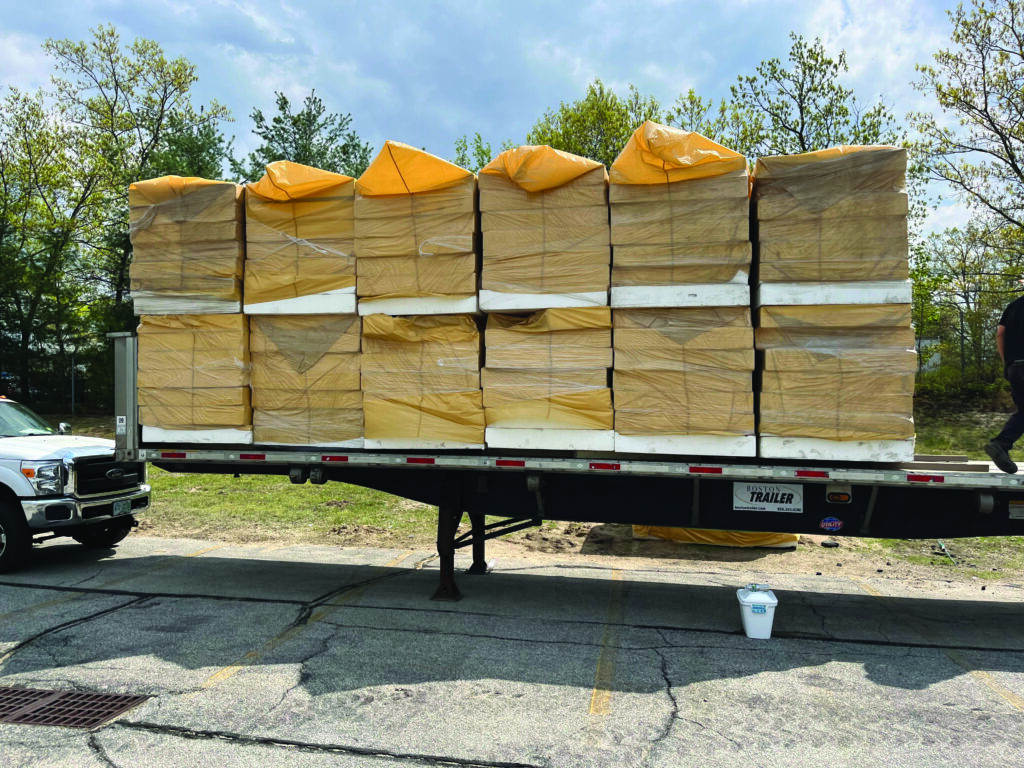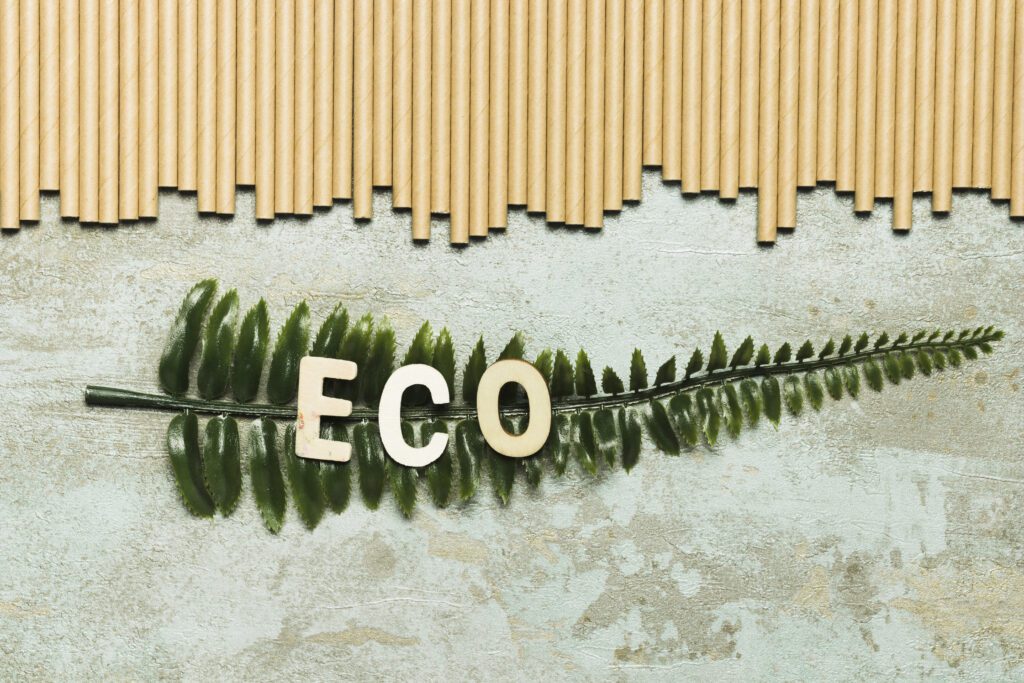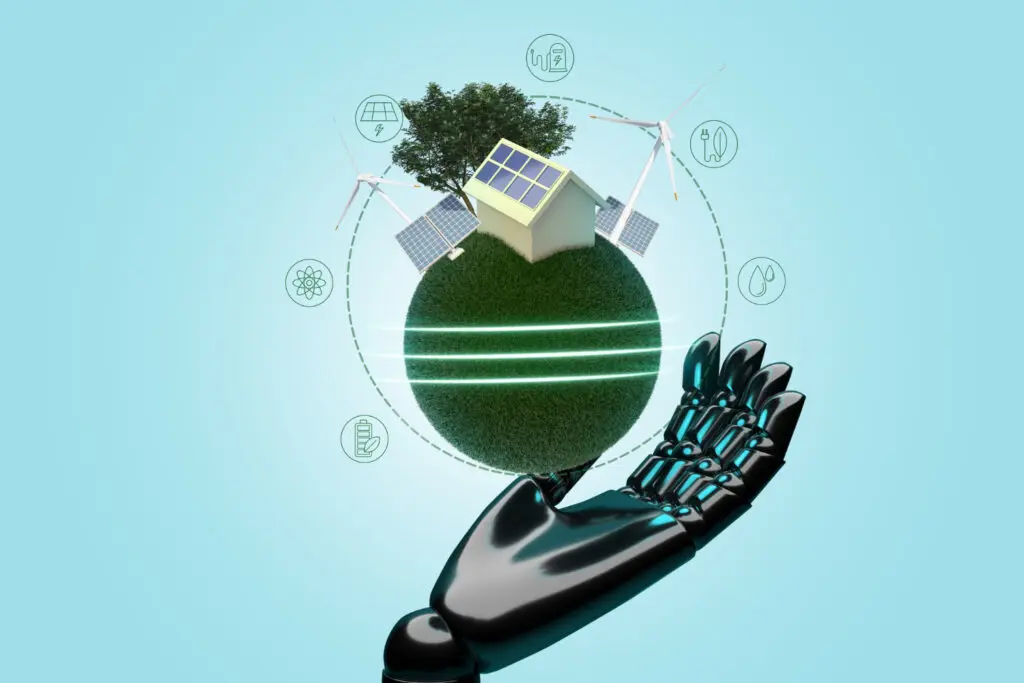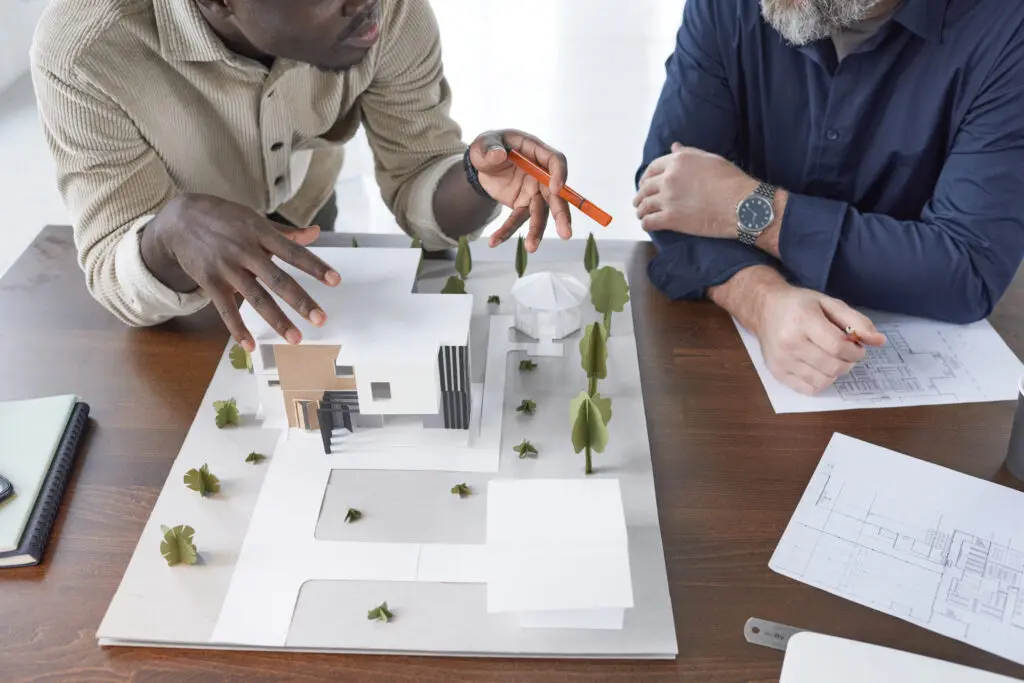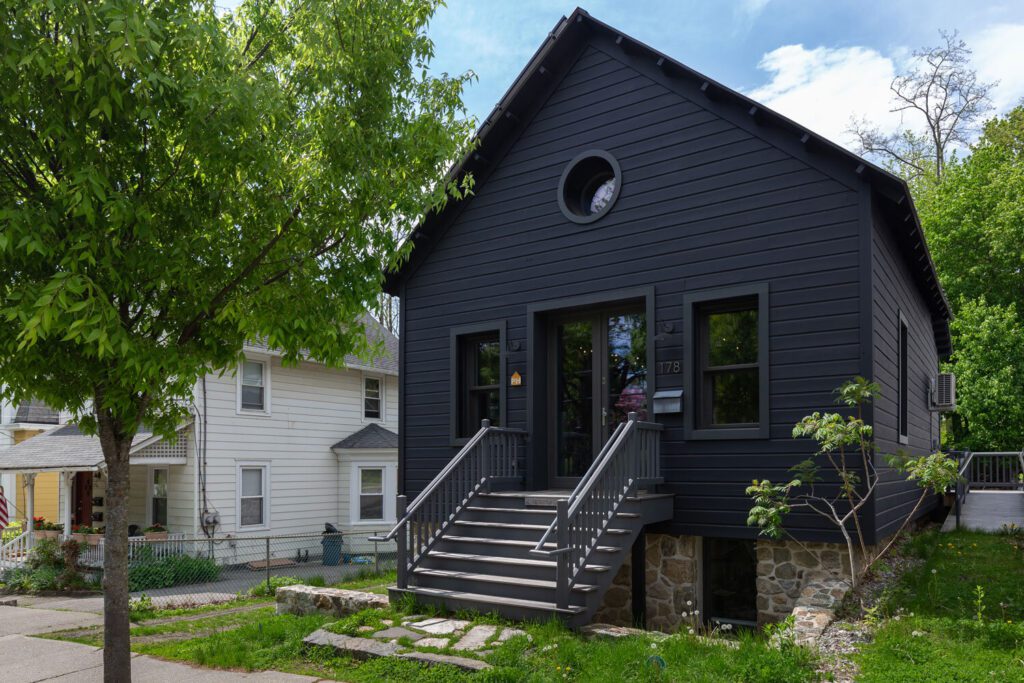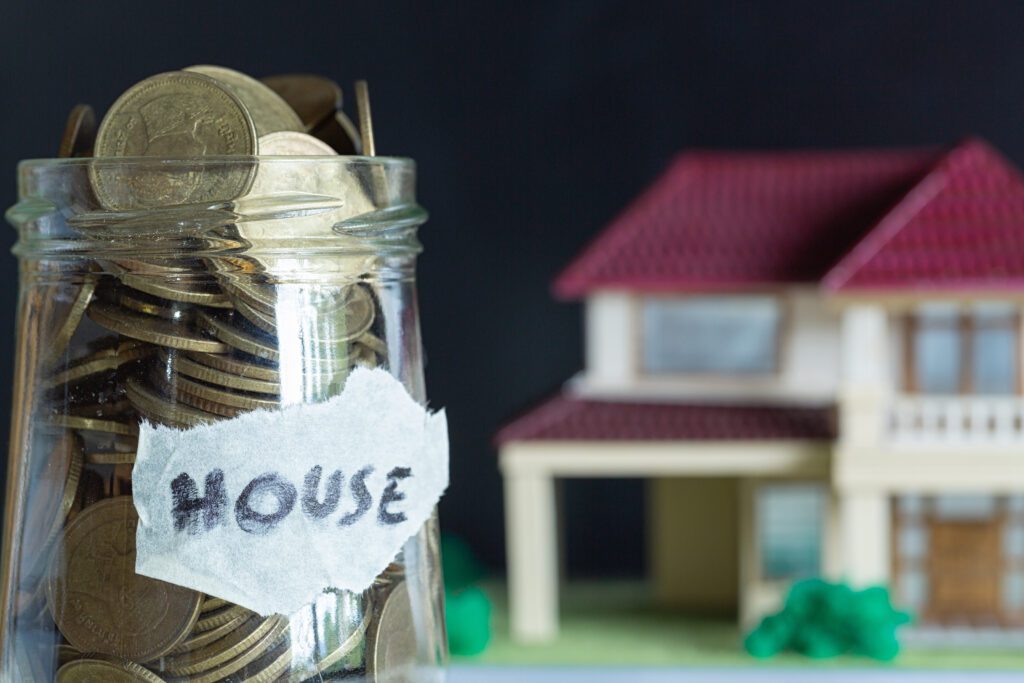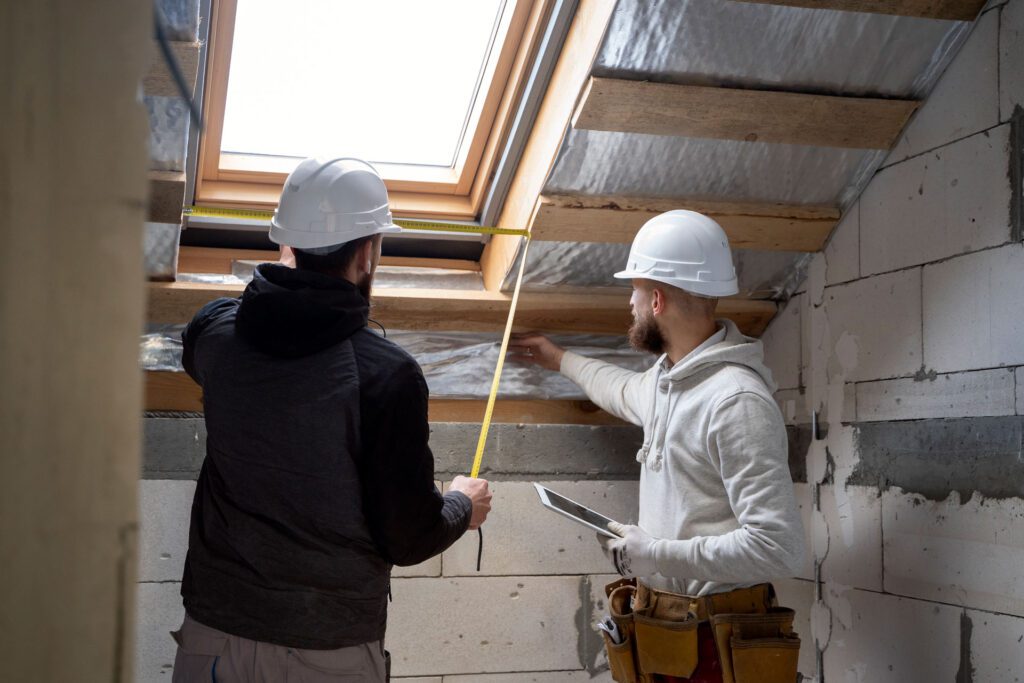Environmental
The Environmental Impact of Insulation Materials: A Comparative Analysis
As environmental sustainability becomes a priority, selecting insulation materials that balance efficiency, affordability, and ecological responsibility is crucial. This analysis examines the environmental impacts of various insulation materials, focusing on manufacturing processes, recyclability, and long-term sustainability. Understanding the Environmental Footprint of Insulation The environmental impact of insulation materials can be assessed through: Manufacturing Process: Energy…
Read More2024: A Year of Sustainable Growth and Impact at Green Insulation Group
As we close the books on 2024, Green Insulation Group celebrates a year marked by substantial progress in sustainable building practices. Our commitment to providing high-quality reclaimed foam insulation panels has resonated with builders, insulators, and eco-conscious homeowners alike. Here’s a look back at what we achieved together this year and a vision for what…
Read MoreThe Circular Economy Starts at Home: Find a Contractor Who Champions Reclaimed Materials
The concept of a circular economy, where resources are kept in use for as long as possible, is gaining traction in many industries, and construction is no exception. As homeowners increasingly seek eco-friendly options for their homes, sustainable building practices are becoming more than just a trend—they’re a necessity. A key player in this shift…
Read MoreCase Studies of Innovative Insulation Solutions
Here are some collections of resources for building professionals, homeowners, and anyone interested in enhancing the energy performance of buildings across diverse climates. These case studies and guides dive into the practical applications of insulation, HVAC systems, indoor air quality measures, and more. Whether you’re embarking on a new construction project or seeking to retrofit…
Read MoreBuilding a Circular Economy in Construction: How Insulation Recycling Contributes to a Sustainable Future
The concept of a circular economy provides a practical alternative to address the growing environmental challenges of resource depletion and landfill overcrowding. This model emphasizes the importance of keeping resources in use for as long as possible, extracting the maximum value from them while in use, and recovering and regenerating products and materials at the…
Read MoreHow Reclaimed Foam Insulation Contributes to LEED Certification in Buildings
LEED (Leadership in Energy and Environmental Design) certification is a globally recognized symbol of sustainability achievement and leadership. It’s a framework for healthy, efficient, carbon and cost-saving green buildings. Reclaimed foam insulation, an eco-friendly material, plays a significant role in achieving LEED certification for buildings. Understanding LEED Certification LEED certification is based on a…
Read MoreFinding a Sustainable Architect
Here in Massachusetts, the demand for sustainable energy building projects is on a significant rise. With environmental concerns and energy efficiency becoming paramount, selecting the right architect for such projects is crucial. A valuable resource in this quest is Boston Magazine’s list of sustainable design firms, which provides insights into some of the top players…
Read MoreUsing Recycled EPS Foam Panels to Save Energy and Reduce Carbon Footprint
In the picturesque Hudson River Valley, a remarkable transformation is underway, led by the visionary team at River Architects. Their latest project, the renovation of an 1840’s blacksmith shop in Cold Spring, NY, into a Net Zero certified architectural studio, is a testament to their commitment to sustainable design and environmental stewardship. A Deep Dive…
Read MoreCost-Benefit Analyses of Insulation Improvements
Improving home insulation is cost-effective, saving homeowners an average of 15% on heating and cooling or 11% on total energy costs by sealing air leaks and insulating attics, floors over crawl spaces, and accessible basement rim joists (to 2012 standards), according to a Department of Energy page on “Methodology for Estimated Energy Savings“. The energy…
Read MoreHow to assess the safety or potential toxicity of foam insulation panels?
You can assess the safety / toxicity profile of any manufactured product by reading the SDS (Safety Data Sheet) provided by the manufacturer. You should be able to find the SDS on the manufacturer’s website, but in practice it is frequently easier to search for them in a search engine using the manufacturer name, the…
Read More
